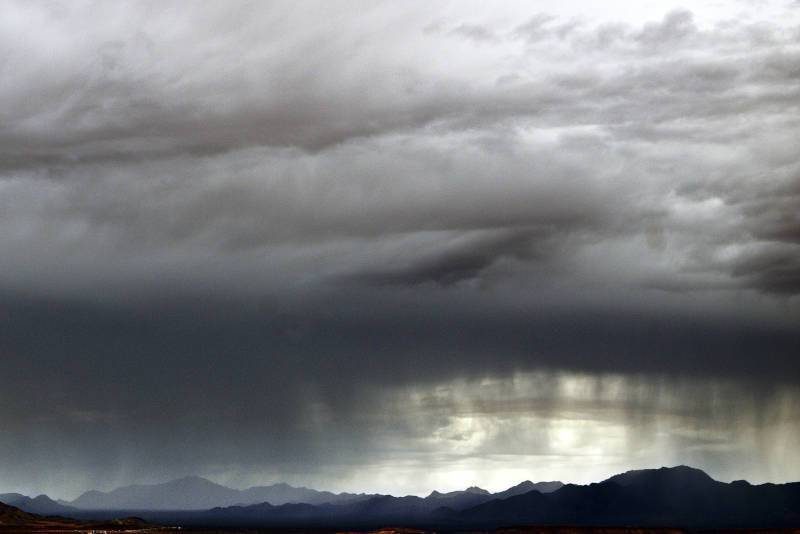Thus he has given us…his precious and very great promises, so that [we] may become participants of the divine nature.
2 Peter 1:4
The good news of Christmas is that God is with us and is present with liberation and transformation. God desires a relationship with us, coming to us in Christ Jesus. We become participants of the divine nature through the one who is the Participant of the divine nature. The Word (God’s self-expression) became flesh and dwells among us. In creating, God did not fling us away into infinite silence, but became united to creation and speaks into it life and healing. The Word became flesh, became matter, so that God is intimately near: God is “above all, through all, and in all.” (Ephesians 4:6)
God is in creation. God is in our humanity and relationships. God is in all of the situations and circumstances of our lives. God is present to us and for us in the midst of a pandemic. God can be found there. God is in the darkness as well as in the light. God is in the world as it is, not in a world of make-believe. We experience this when we relinquish our lives to God, living from the source of our lives.
In the midst of the pandemic, we may have run to various coping mechanisms for relief from anxiety and stress. We may, for example, have tried binge-watching streaming videos. In this way, we managed a little escape for a while, but binge-watching lasts only so long before we must escape it as well. And then, we must face our anxieties again. The good news is that God is in all things with deliverance for us. God is in a world going through a pandemic. We meet God in the midst of our present situation. By trust in God, we can face our anxieties and find release. “Cast all your anxiety on him, because he cares for you.” (1 Peter 5:7)
Our coping mechanisms serve a purpose until we surrender ourselves to God, which is a daily activity of faith. Our coping mechanisms allow us to carry on with a degree of sanity. They are necessary because of our experience of alienation from God. I think of them as symbolically expressed in the Genesis story of humanity’s fall into sin where God makes for Adam and Eve a covering, something that they had not needed before their break with God. Without God, we need ways to cope in the same way that Adam and Eve needed a covering. It is only as the reality of God’s presence deepens that we are increasingly freed from having to cover over our anxieties. We can start to face them.
Coping mechanisms are both a covering and a bondage. They are habits similar to addictions. They offer no freedom. Our freedom is in facing our anxieties in Christ. This is why we experience prayer as so critical to our lives, prayer understood as the surrender of our lives to God in the midst of present circumstances.
The coronavirus pandemic has been experienced in many different ways. For many it has meant isolation from loved ones, loss of employment, and survival concerns. For some, it has meant death and grief. It may also have meant the acknowledgment of our vulnerability, a deepening of trust, and finding God in the midst of it all. The good news of Christmas is that God is with us. God is near and available with forgiveness, mercy, welcome, peace, healing, and freedom. Therefore, we can turn to God no matter what we are presently facing. With grateful hearts, we celebrate the one named Immanuel, “God with us.”
